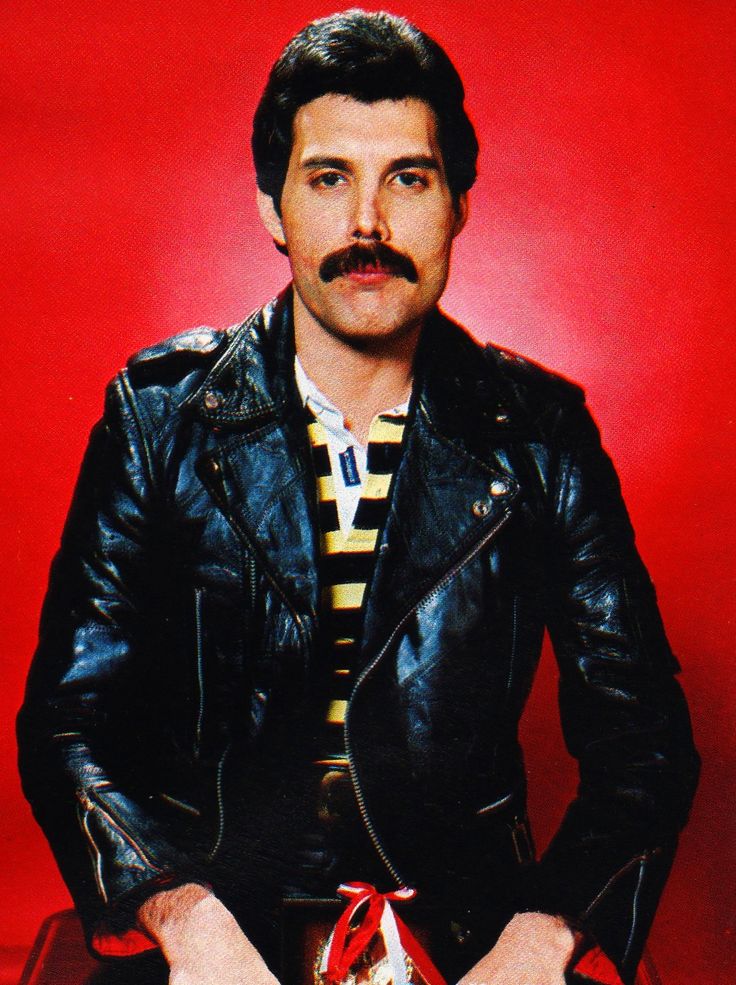“It’s interesting to see how much people still think he was a white British dude.”More than a quarter century after his death, Queen lead singer Freddie Mercury is remembered as one of the greatest rock performers in history. But few fans realize that he was also the first international pop superstar with Asian and African roots.
“This is the thing with Freddie Mercury: I think he operated in at least four closets in his life,” said Jason King, an Associate Professor at New York University’s Clive Davis Institute of Music.King notes that two of those closets — which revolve around his sexuality and, later, his AIDS diagnosis — have been widely written about. Lesser known are the closets that contained his race and nationality.
“Even though he existed in these four different closets, he was able to produce works out of these closets because he valued a certain kind of privacy and mystery,” King, who is currently working on a Mercury biography, said.
With the Nov. 2 release of the anticipated Queen biopic “Bohemian Rhapsody,” many are reevaluating Mercury’s legacy and how his background influenced his art.Born Farrokh Bulsara to Parsi parents living in Zanzibar, Mercury was sent to India to be educated at St. Peter’s School, an all-boys boarding school in what was then known as Bombay. The family would move to England after the 1964 Zanzibar revolution.
“It’s interesting to see how much people still think he was a white British dude,” said Pakistani novelist Nadia Akbar. Akbar first listened to Mercury’s music while going through her dad’s CD collection as a child in the 1990s, but she didn’t learn about Mercury’s background until a Parsi family friend told her about the singer’s history. Her novel “Goodbye Freddie Mercury,” which was released in June, centers on a radio DJ in modern-day Lahore who feels a special connection to the rocker.
“Queen isn’t just his favorite band, Freddie Mercury is his idol,” Akbar said of her novel’s main character Bugsy. “Freddie Mercury is someone who transcended being just desi to more on kind of this world stage. For him, Freddie is where he can be and where he can go.”That connection to Mercury’s work is particularly strong in the Indian Parsi community, who first came to India from Iran in the eighth century to escape religious persecution. For musician Pheroze Karai, 39, Queen has always been part of the soundtrack of his life.
“If you grew up in a Parsi household, especially in the 90s and 80s, he was kind of a shining star,” Karai said, who said he remembered his mother crying for days after Mercury’s death from complications due to AIDS in 1991. “He was definitely held up as one of the examples that Parsis can do anything.”Karai for many years headed a Queen tribute band called “The Good Old-Fashioned Lover Boys” after the 1976 song of the same name. “One thing I noticed about that band was that no matter who was there everyone paid attention — everyone knows Queen songs.”
Karai said channeling Mercury’s famous persona also changed his own performance style. “Because Freddie was so free on stage, it allowed that freedom with myself,” he said. “I could just wear the short shorts have the mustache and just run around and be in people’s faces and flaunt my stuff in a way that I don’t do with my own stuff.”
But while some have suggested Mercury tried to hide his ethnic background, King said nothing in the historical record suggests that.
Freddie Mercury is someone who transcended being just desi to more on kind of this world stage.“When you go back and look back at the early interviews he did, particularly with the British press around Queen in the 1970s, he’s asked very often about his background,” King said. “He’ll say ‘yes I’m from Zanzibar, here are my parents.’”One factor as to why Mercury did not open up more about his identity could have been the political situation in the United Kingdom in the 1960s.
“His life in London was basically in exile from his life in Zanzibar,” said King. “I’m sure he was happy to be in London because it’s an exciting place to be in the mid-1960s, but it was also a place of incredible migrant hostility.”
But while Mercury’s heritage may not have widely been discussed during Mercury’s lifetime, both King and Karai say the influence of his childhood is evident in his songwriting.
“Freddie was always into Western music but I think when you grow up in an Indian household that stuff sort of seeps deep into you,” said Karai. “It’s blatant in songs like ‘Mustapha.’ Even when he’s just riffing live there was a combination of things where it could almost be a ghazal,” referring to the ancient poetic form.“Mustapha,” features Mercury “doing essentially the kind of vocalizing that you would do in a call to prayer,” said King. Other songs — including the epic Bohemian Rhapsody — can also be viewed as examples of postcolonial songwriting, King and other music journalists have noted.“He like so many postcolonial subjects who displace themselves, became highly English,” said King, pointing things like Mercury’s wearing the Union Jack during concerts and the name he chose for the band itself.
“How fantastic would it be if we could reexamine Freddie Mercury as one of the biggest African pop stars of all time? Or as one of the biggest Indian pop stars of all time?” asked King. “He’s definitely the biggest Parsi rock star of all time.”
